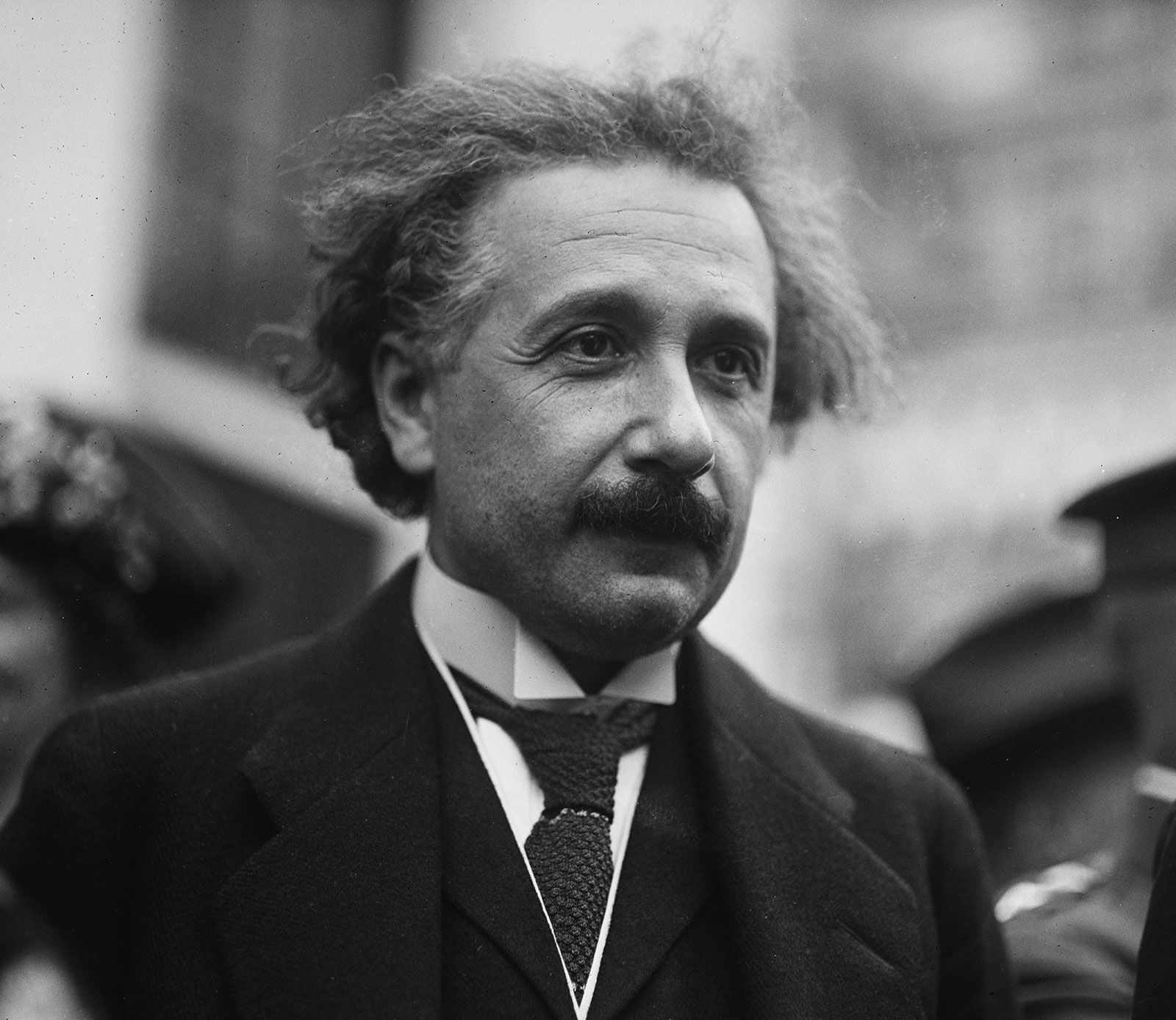The Plague, written by Albert Camus in 1947, is a thought-provoking novel that delves into the human condition, exploring themes of suffering, solidarity, and the search for meaning in the face of absurdity. Set in the fictional town of Oran, Algeria, the story revolves around a devastating outbreak of the bubonic plague, which serves as a catalyst for Camus’ philosophical and existential reflections.
As the plague spreads, the town of Oran is thrown into chaos, and its inhabitants are forced to confront the reality of their own mortality. The novel’s protagonist, Dr. Bernard Rieux, a physician who has dedicated his life to combating the plague, emerges as a symbol of resilience and dignity in the face of adversity. Through Rieux’s character, Camus explores the tension between individual freedom and collective responsibility, highlighting the importance of human connection and solidarity in the face of suffering.
One of the most striking aspects of The Plague is its unique narrative structure, which blends elements of journalism, philosophy, and fiction. Camus’ use of a detached, observational narrative voice creates a sense of objectivity, which serves to underscore the universality of the human experience. The novel’s historical and philosophical context is also noteworthy, as it reflects the intellectual and cultural currents of post-World War II Europe.
Camus’ concept of the “absurd” is a central theme in The Plague, referring to the inherent meaninglessness and contradictions of human existence. In the face of the plague’s senseless destruction, the characters are forced to confront the abyss of uncertainty, leading to a range of responses, from despair and denial to courage and defiance. Through this exploration of the absurd, Camus poses fundamental questions about the nature of humanity, the role of suffering, and the search for meaning in a seemingly indifferent world.
The character of Father Paneloux, a Jesuit priest who delivers a series of sermons interpreting the plague as a divine punishment, serves as a foil to Rieux’s humanist perspective. Paneloux’s dogmatic views highlight the tension between religious and secular worldviews, while also underscoring the dangers of dogmatic thinking in the face of uncertainty. In contrast, Rieux’s commitment to human solidarity and his refusal to abandon his patients, even in the face of overwhelming adversity, illustrate the power of compassion and empathy in the face of suffering.
The Plague has been interpreted in various ways, with some viewing it as a critique of totalitarianism, while others see it as a reflection of the existentialist philosophy that dominated post-war French thought. Camus’ own experiences during World War II, including his involvement in the French Resistance, undoubtedly influenced the novel’s themes and motifs. The Plague can also be seen as a powerful allegory for the human condition, with the plague serving as a metaphor for the absurdities and injustices of life.
In conclusion, The Plague is a rich and complex novel that offers a profound exploration of the human condition. Through its unique blend of philosophy, fiction, and historical context, Camus’ masterpiece continues to resonate with readers, posing fundamental questions about the nature of suffering, solidarity, and the search for meaning in a seemingly absurd world.
What is the significance of the plague in Albert Camus' novel?
+The plague serves as a catalyst for Camus' philosophical and existential reflections, exploring themes of suffering, solidarity, and the search for meaning in the face of absurdity.
How does Camus' concept of the "absurd" relate to The Plague?
+The absurd refers to the inherent meaninglessness and contradictions of human existence, which is exemplified by the senseless destruction caused by the plague, forcing characters to confront the abyss of uncertainty.
What is the role of Dr. Bernard Rieux in The Plague?
+Dr. Rieux is the protagonist of the novel, a physician who dedicates his life to combating the plague, and serves as a symbol of resilience and dignity in the face of adversity, highlighting the importance of human connection and solidarity.
How does The Plague reflect the intellectual and cultural currents of post-World War II Europe?
+The novel reflects the existentialist philosophy that dominated post-war French thought, as well as the trauma and disillusionment caused by World War II, exploring themes of absurdity, suffering, and the search for meaning in a seemingly indifferent world.
| Character | Role in the Novel |
|---|---|
| Dr. Bernard Rieux | Protagonist, physician, and symbol of resilience and dignity |
| Father Paneloux | Jesuit priest, foil to Rieux's humanist perspective, and representative of dogmatic thinking |
| The Plague | Catalyst for Camus' philosophical and existential reflections, symbol of absurdity and suffering |

The Plague is a masterpiece of 20th-century literature, offering a profound exploration of the human condition. Through its unique blend of philosophy, fiction, and historical context, Camus' novel continues to resonate with readers, posing fundamental questions about the nature of suffering, solidarity, and the search for meaning in a seemingly absurd world.
In the context of Camus’ broader oeuvre, The Plague represents a pivotal work, one that solidified his reputation as a major literary figure and philosophers of the 20th century. The novel’s themes and motifs, including the absurd, solidarity, and the search for meaning, continue to influence contemporary thought and literature, ensuring The Plague’s enduring relevance and importance.
Ultimately, The Plague is a novel that defies easy summary or interpretation, instead offering a complex and multifaceted exploration of the human condition. Through its richly textured narrative, nuanced characters, and profound philosophical insights, Camus’ masterpiece invites readers to engage with the deepest and most fundamental questions of human existence, ensuring its continued relevance and importance in the modern era.

